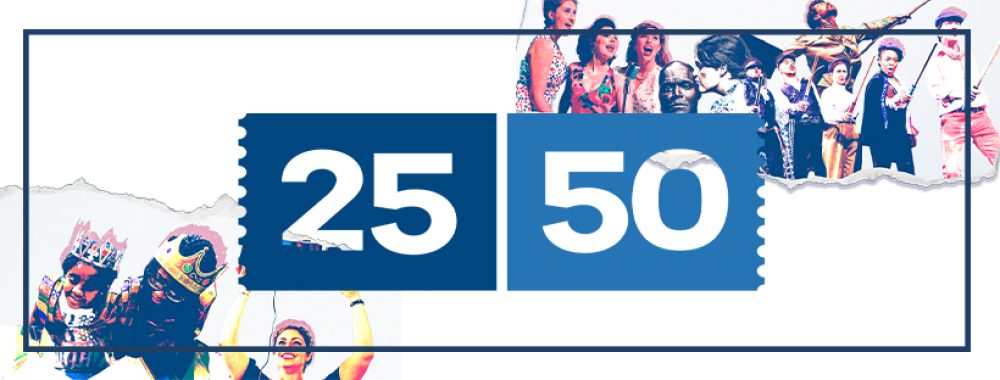The American Shakespeare Center in Staunton, VA, hosts a biennial conference at their Blackfriars Playhouse. This year, the opening keynote was given by none other than our own Peter Holland, the McMeel Chair of Shakespeare Studies at Notre Dame. His talk was entitled “A Critic and a Gentleman: Publishing Performance,” and here’s the liveblog version thanks to Sarah Martin, of ASC’s terrific Education Department. You also can follow the conference on Twitter or Facebook by searching the hashtag #BFC13:
Blackfriars Conference 2013–Keynote: Peter Holland’s A Critic and a Gentleman: Publishing Performance
Hi again! Sarah Martin here to liveblog the first Keynote Address of the Seventh Blackfriars Conference: Peter Holland’s A Critic and a Gentleman: Publishing Performance.
Peter Holland, Associate Dean for the Arts and McMeel Family Professor in Shakespeare Studies at the University of Notre Dame is, as Dr. Cohen said in his introduction, “a great get” in terms of a Keynote speaker. Professor Holland began his presentation with the images of the title pages of two different editions of Hamlet: one the early modern title page with a record of the first performance and the second, an edition inspired by the Michael Grandage production of Hamlet at the Donmar Warehouse which starred actor Jude Law. Professor Holland explained that the reader of the 1676 edition thought he was getting “all of Hamlet“–the play as written and the play as performed, but the edition neglects to state that it is also heavily revised while the Grandage edition has been significantly shortened.
Professor Holland pointed out that, for the type of souvenir playtext exemplified by Grandage’s edition to be published in time for audience members to buy it, the text must be fixed in print well before the production actually begins performances. While an audience may believe that they are buying a true “performance text”, there is inevitable variation between the text in codex and the words spoken onstage.
Professor Holland discussed the role of what he called, “the theatrical edition” and asked what the intended use of such an edition is. He explained that theatres always produce several editions–rehearsals scripts and so on that are not necessarily intended for publication, but are the material products of the theatre itself.
Professor Holland the discussed the role of the actor as critic and the censor as author. The “gentleman” in Professor Holland’s address is Francis Gentleman, who chose which moments of Shakespeare’s plays he thought ought to be included in editions and which should be omitted. Gentleman, Professor Holland argues, provides the “first performance commentary” on Shakespeare’s plays. Professor Holland argues that such performance commentary is a “companion to the theatre” and no more. The Bell’s Editions (influenced by Gentleman and actor David Garrick) sold better than other scholarly editions in the eighteenth century. This, Professor Holland, argues has set the precedent for subsequent editions which include illustrations of performance and other theatrical or actor-centric images. These images, however, are not necessarily representative of the plays in performance, but are of actors placed in suggested settings (such as an actress portrayed standing in the countryside) that are the product of editors rather than the actual performance history of the plays.
Professor Holland argues that extensive performance commentary can actually be a hindrance to performance as it, “implies a right way of performing the play, not a range of possibilities”. Professor Holland argues that, while such extensive performance commentary shows impressive scholarship, it does not provide meaning. Professor Holland’s discussion of the Samuel French Acting Editions was particularly interesting and amusing to the audience as he compared the staging diagrams present in the editions to “IKEA self-assembly”. Such editions, Professor Holland argued, make the play no longer Shakespeare’s, but rather the product of the publishing house. Professor Holland’s Keynote Address, which explored the relationship between performance and the printed text, presented in a theatre that seeks to do just that, was the perfect start to the Blackfriars Conference.
